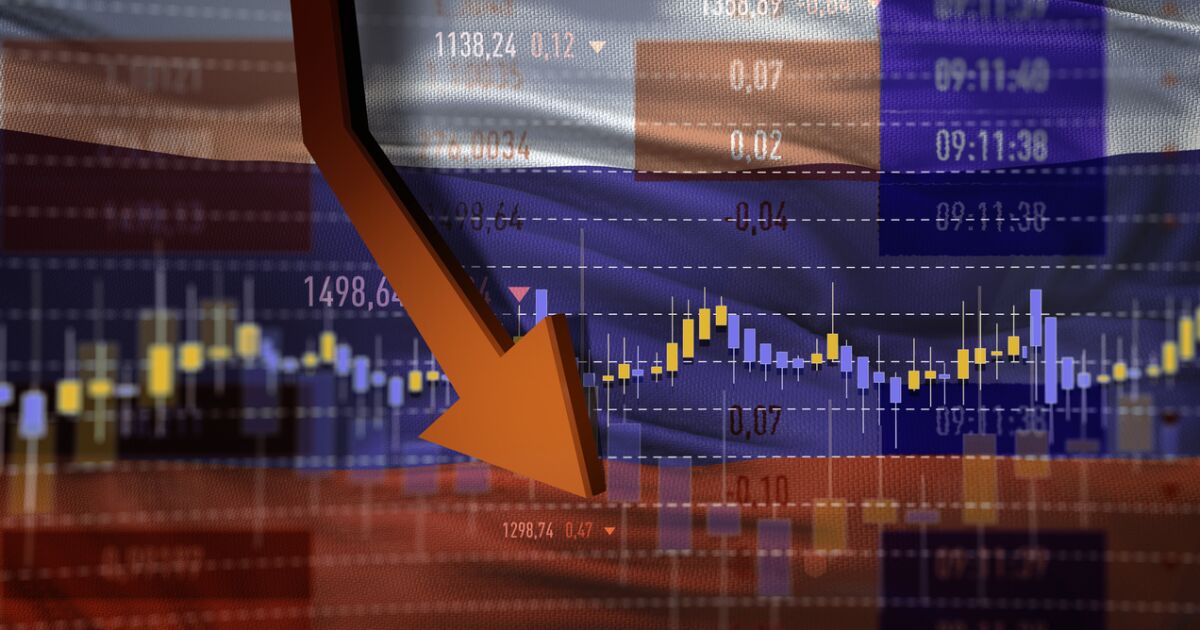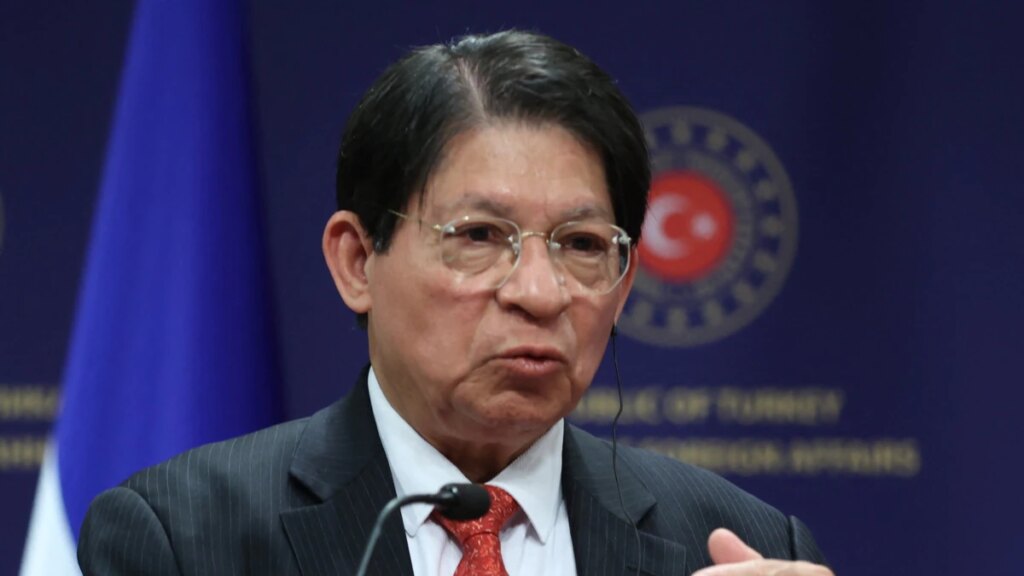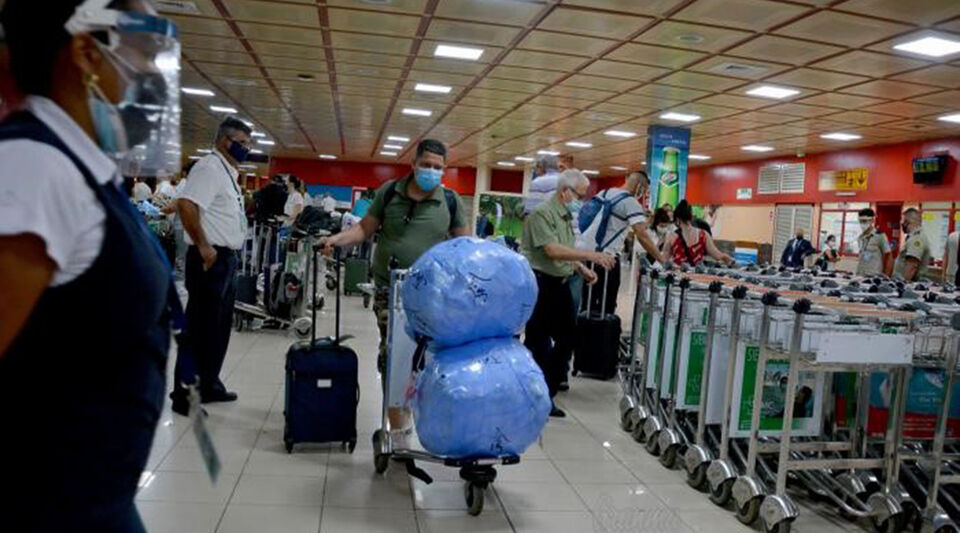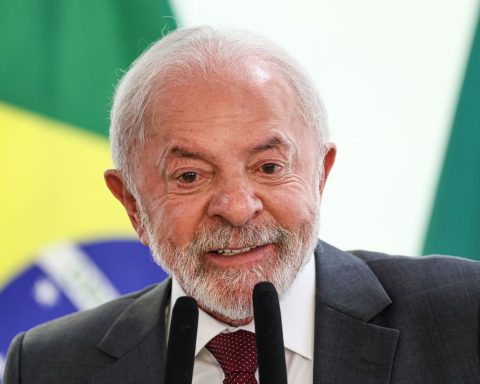The reason for the contraction must be found in the decrease in exports, from wood to chemical and metallurgical products.
Those sectors that depend more on imports such as light industrial, automotive and furniture manufacturing also experienced falls.
The Ministry acknowledges declines in wholesale trade and freight transport, although it highlights an increase in activity in sectors such as agriculture or the extractive industry, especially the oil industry.
The International Monetary Fund (IMF) admitted on Tuesday that the Russian economy will withstand the impact of the sanctions better than expected – a drop of 6% compared to 8.5% previously forecast – but will feel its impact in 2023, when GDP will fall 3.5 %, versus the 2.3% forecast in April.
Last week the Russian Central Bank also reduced its forecast for a contraction in gross domestic product for this year from between 8% and 10% to between 4% and 6%.
According to the issuing bank, the drop in 2023 will range between 1% and 4%.













